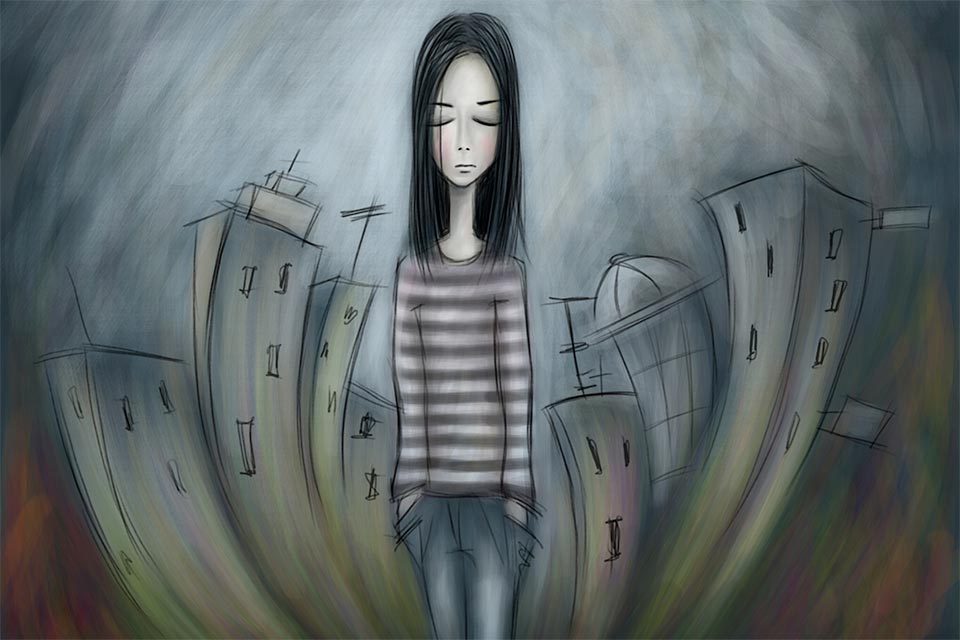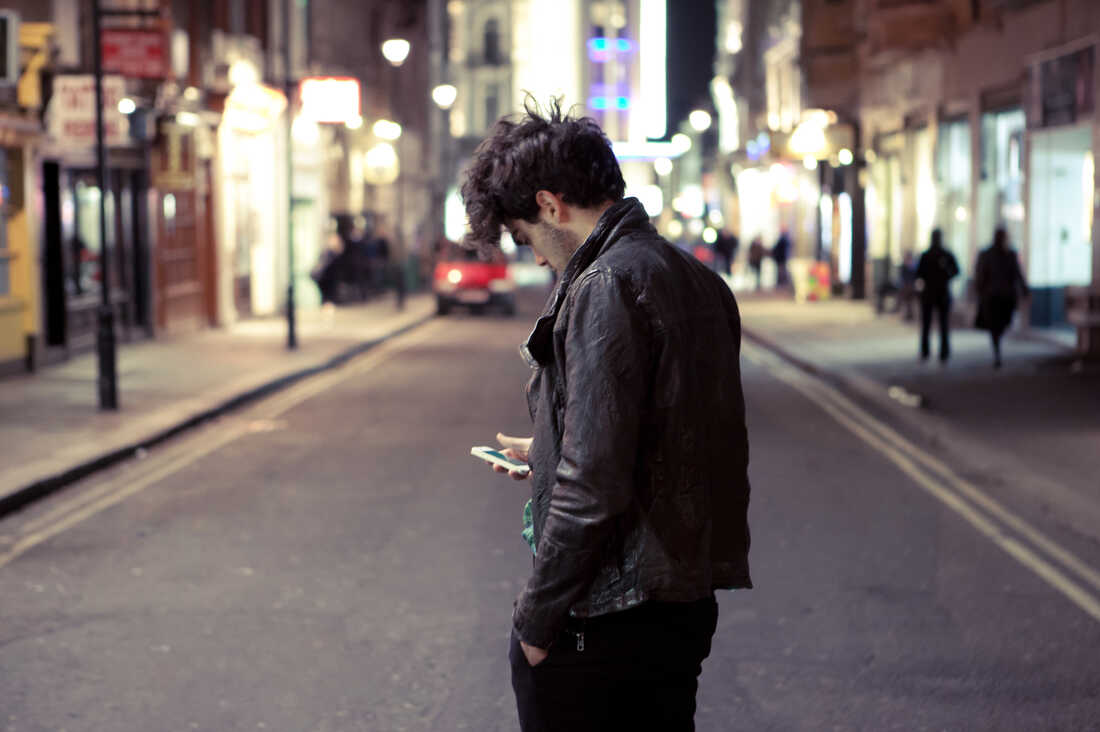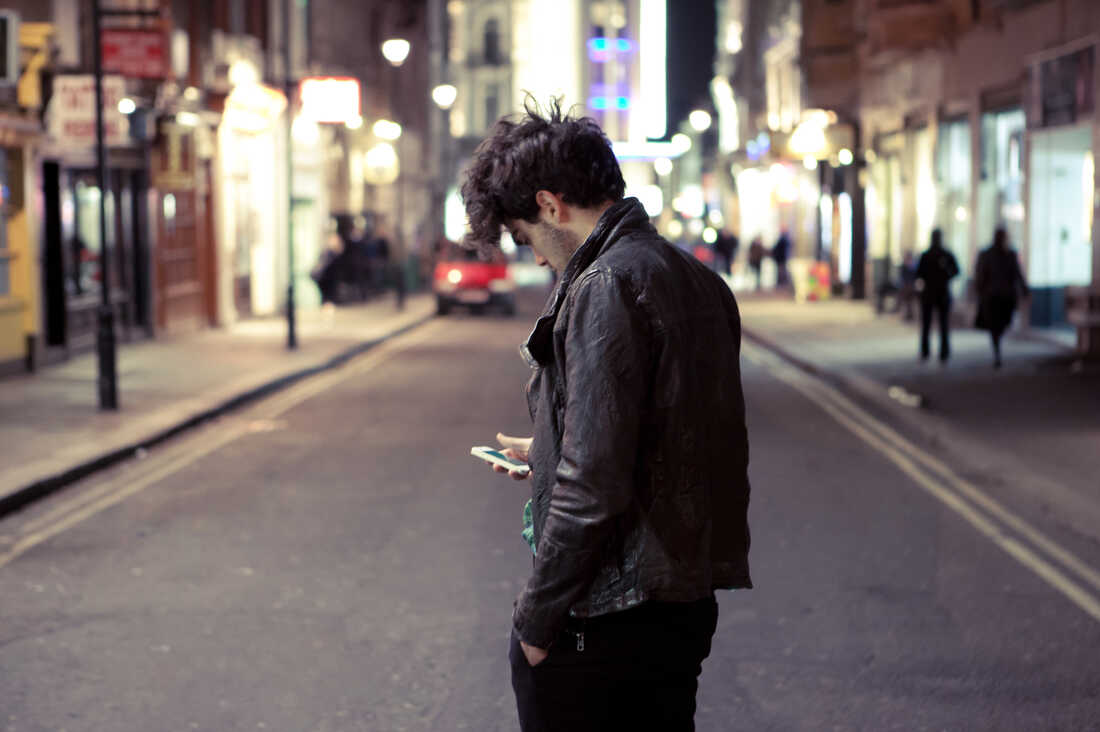Loneliness in young adults is no longer a silent affliction—it’s a growing emotional epidemic. While we often associate solitude with older age, studies reveal that Generation Z and Millennials are facing unprecedented levels of emotional isolation. Despite being constantly connected through digital devices, many young people report feeling emotionally adrift, unseen, and unheard. On Remin.site, where we preserve memories and legacies, understanding this loneliness is essential—because unspoken emotions, like unshared memories, risk fading into silence.
“I scroll endlessly, surrounded by people online, yet I feel completely alone.” – Anonymous college student
According to the American Psychological Association, more than 60% of young adults experience frequent feelings of loneliness. This emotional isolation can quietly erode mental health, relationships, and even a sense of self-worth.

What Makes Young Adult Loneliness Unique?
Unlike loneliness in later life, the kind that young adults face is often intertwined with identity formation, instability, and social expectations. Young adulthood is a time of rapid change—moving away from home, navigating college or work life, forming adult relationships—yet all these transitions can be incredibly isolating.
- Changing social landscapes: Leaving behind high school friendships and facing new, unfamiliar environments.
- Unrealistic expectations: Pressure to succeed socially and professionally, often magnified by social media.
- Emotional disconnection: A growing inability to form deep, face-to-face bonds in an increasingly digital world.
These experiences often lead to what’s called “existential loneliness,” a deep-rooted feeling that no one truly understands your thoughts, fears, or identity.
Psychological Triggers of Loneliness
Loneliness isn’t just about being physically alone—it’s the emotional gap between desired and actual social connection. Several psychological factors trigger or worsen this experience for young adults:
- Social comparison: Platforms like Instagram or TikTok often portray highly curated lives, causing others to feel inadequate or left out.
- Fear of missing out (FOMO): Constant updates on what others are doing can intensify feelings of exclusion.
- Performance pressure: Academic, career, and personal expectations can make it hard to maintain authentic relationships.
“Everyone else seems to have it together. Why do I feel so disconnected?”
As highlighted in this Keele University study, young people report higher loneliness rates than the elderly, despite appearing socially active. It’s a paradox of our time—hyperconnected, yet emotionally distant.

The Role of Social Media and the Digital Age
Technology, for all its wonders, can be a double-edged sword. While it allows us to stay in touch, it often replaces deep, emotional conversations with likes, emojis, and filtered selfies. For young adults, this creates a false sense of connection.
According to data from BBC Worklife, many Gen Z individuals report that they feel lonelier because of social media, not in spite of it.
- Quick replies replace long conversations
- Validation becomes quantified—through hearts and followers
- Depth is often sacrificed for visibility
As platforms continue to evolve, so do the ways we measure our worth. For many young adults, this can become mentally exhausting—constantly performing, constantly connected, yet feeling no closer to real human warmth.
College Life and Postgraduate Drift
College is often romanticized as the most social time of our lives—but for many, it’s a lonely chapter. Academic stress, constant change, and the pressure to “fit in” can be isolating.
Even more so is the period after graduation, when structured social life fades and the real world begins. Many describe this as a kind of “emotional freefall,” drifting between jobs, cities, and friendships.
“I thought once I graduated, I’d feel free. Instead, I feel lost and alone.”
This period, sometimes called the “quarter-life crisis,” can deepen emotional solitude and cause young adults to question their value, direction, and identity—especially if they lack strong emotional support networks.
Gen Z: Most Connected, Yet Most Isolated?
It’s ironic that Gen Z—often dubbed the most connected generation—is also reporting record-high loneliness. According to a data visualization from Flourish, loneliness levels among 18–24-year-olds outpace all other age groups.

What does this tell us? That connectivity does not equal connection. That messages aren’t conversations. That followers aren’t friends.
At Remin.site, we believe in storing more than just data—we believe in preserving human connection. And in today’s world, that means understanding the pain that lives behind our screens, and the silence echoing through our group chats.
Consequences on Mental Health
Loneliness doesn’t just feel bad—it impacts the brain, body, and soul. When left unaddressed, it can lead to a cascade of mental health issues that weigh heavily on young adults already navigating life’s uncertainties.
- Increased risk of depression and anxiety: Persistent loneliness alters brain chemistry, increasing cortisol (the stress hormone) and reducing serotonin.
- Sleep disturbances: Many lonely individuals report poor sleep quality and chronic fatigue.
- Low self-worth: Repeated social disconnection can lead to internalized beliefs of being unlovable or inadequate.
According to the World Health Organization, mental health conditions now affect over 1 in 7 adolescents worldwide, with loneliness cited as a contributing factor.
“It wasn’t just feeling alone. It became a voice telling me I wasn’t enough.”
Coping Mechanisms and What’s Not Working
In our search for relief, not all solutions serve us well. Some coping strategies can even deepen our sense of isolation:
- Scrolling endlessly through social feeds may feel like connection, but it often worsens social comparison and envy.
- Overworking or academic perfectionism is used to mask emotional emptiness.
- Substance use as an escape from pain often creates dependency, not healing.
These are survival responses, not solutions. And while it’s human to seek comfort wherever we can, understanding what helps—and what doesn’t—is crucial.
Community and Belonging: What Actually Helps?
We heal through connection. Not shallow, surface-level interaction—but through meaningful presence. Here’s what actually works for young adults:
- Authentic peer support: Support groups, community circles, and even online spaces focused on emotional honesty.
- Volunteering and purpose-driven activity: Giving back combats isolation and fosters connection.
- Therapy and mental health support: Speaking with trained professionals breaks the cycle of silence.
Many college campuses, workplaces, and local communities now offer structured loneliness intervention programs. These programs aren’t just helpful—they’re necessary.
Expert Insights and Research Findings
Research continues to confirm what many young people already feel: Loneliness is not a personal flaw—it’s a social condition. Dr. Julianne Holt-Lunstad, a leading researcher on social connection, compares the effects of chronic loneliness to “smoking 15 cigarettes a day.”
At Remin.site, we believe preserving emotional narratives—journals, voice notes, letters—is one way to combat this isolation. Not only does it allow us to connect with others, it also helps us connect with ourselves. Because remembering who you are is the first step to knowing you’re not alone.
How to Support Lonely Young Adults
Supporting someone who feels alone doesn’t require fixing them—it requires being with them. Here’s how we can help:
- Be present: Don’t underestimate the power of simply listening without judgment.
- Initiate connection: Don’t wait for someone to reach out. A message or invite can be a lifeline.
- Talk about it: Normalize conversations about emotional health and isolation.
And if you are the one feeling this way, know this: you are not alone in your loneliness. There is community. There is care. There is a future where you are seen, heard, and held.
Conclusion: A Crisis Worth Addressing
In a world that’s louder than ever, many young adults are drowning in silence. Loneliness in young adults is not a fleeting phase—it’s a widespread crisis that deserves urgent attention, compassion, and response. From schools to families, digital platforms to community projects like Remin.site, we all have a role to play.
When memories are preserved, voices remembered, and emotions honored, loneliness loses its power. At Remin, we don’t just store legacies—we honor connection. Because death is not the end, and neither is loneliness. Every shared story, every honest conversation, every act of reaching out becomes a bridge back to belonging.
FAQs
Why are young adults more lonely today than previous generations?
The rise of social media, economic instability, academic pressure, and shifting societal structures have created a perfect storm. While Gen Z is the most digitally connected generation, they often lack consistent, deep emotional support.
Is loneliness the same as depression?
No, but they are closely linked. Loneliness is a feeling of disconnection, while depression includes a broader set of emotional, cognitive, and physical symptoms. Persistent loneliness can, however, lead to or worsen depression.
Can online communities help combat loneliness?
Yes—if they foster genuine connection. Platforms that encourage vulnerability, storytelling, and support can provide relief, but they should complement—not replace—offline relationships when possible.
How can Remin.site help with emotional isolation?
Remin is a space where you can preserve your thoughts, experiences, and legacy. By archiving your inner world, you connect with others across time, build emotional continuity, and give voice to what matters most. Memory is medicine. And remembering is belonging.
Further Reading
- APA Report: Stress and Loneliness in Young Adults
- WHO – Strengthening Our Mental Health Response
- Mental Health Foundation: Young People and Loneliness
- BBC Worklife: The Hidden Epidemic of Loneliness
© 2025 Remin.site – Your story matters. Make it last.

